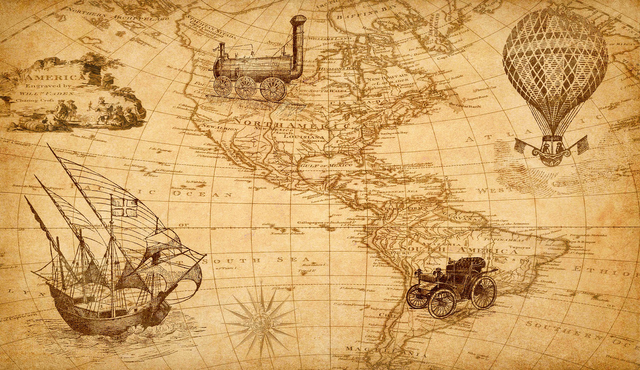Bitcoin and The Evolution of Money
(Money, money, money must be funny in the rich man's world. ABBA 1972-1982)
How could it come to this, why we do have Bitcoin and Co?
What is money?
(It is well enough that people of the nation do not understand our banking and monetary system, for if they did, I believe there would be a revolution before tomorrow morning. /Henry Ford 1863-1947)
In short, money can be anything that can serve as a • store of value, which means people can save it and use it later—smoothing their purchases over time;
• unit of account, that is, provide a common base for prices; or • medium of exchange, something that people can use to buy and sell from one another. (International Monetary Fund, IMF)
A currency refers to money in any form when in actual use of circulation as a medium of exchange especially circulating banknotes and coins. A more generell definition
s that a currency is a system of money (monetary units) in common use, especially in a nation.(Wikipedia)

History of Money
For our vast history, money has been central to developing our modern international trade networks. However new research has revealed that history is coming full circle, with 80% of people admitting to bartering with a business rather than use money
9000 BC
Early man would barter goods they had in surplus for ones they lacked.
Grain and cattle were popular goods to barter. Bartering was first recorded in Egypt.
1100 BC
In China, people started using small replicas of goods cast from bronze.
Largely for practical reasons these developed into rounded coins.
Coastal regions around Indian Ocean saw the use of cowrie shells in trade as early as 1200 BC
600 BC
The First „official" currency was minted by King Alyattes of Lydia in modern day Turkey.
A standardised coinage allowed trade to flourish across the mediterranean world.
1290 AD
The Travel of Marco Polo to China introduced the Idea of Paper money to Europeans
1250 AD
The Florin, a gold coin minted in Florence, was widely accepted across europe, encouraging international commerce.
1661 AD
However paper money didn't catch on for quite some time with the first bank notes being printed in Sweden.
Paper money was great for business because it could be mass produced without relying on war materials like gold and silver.

1860 AD
Industry giants, Western Union, spearheaded e-money with electronic fund transfer wia telegram
1946 AD
John Biggins invented the Charge-It card, the first credit card.
1999 AD
European banks began offering mobile banking with primitive smart phones.
The Euro began to circulate in 2002
2008 AD
Contactless payment cards were issued in the UK for the first time.
2014AD
Bitcoin entered the mainstream, the first fully implemented decentralized cryptocurrency.
Sources: mint.com, wdfi.org, britishmusem.org, bbc.co.uk